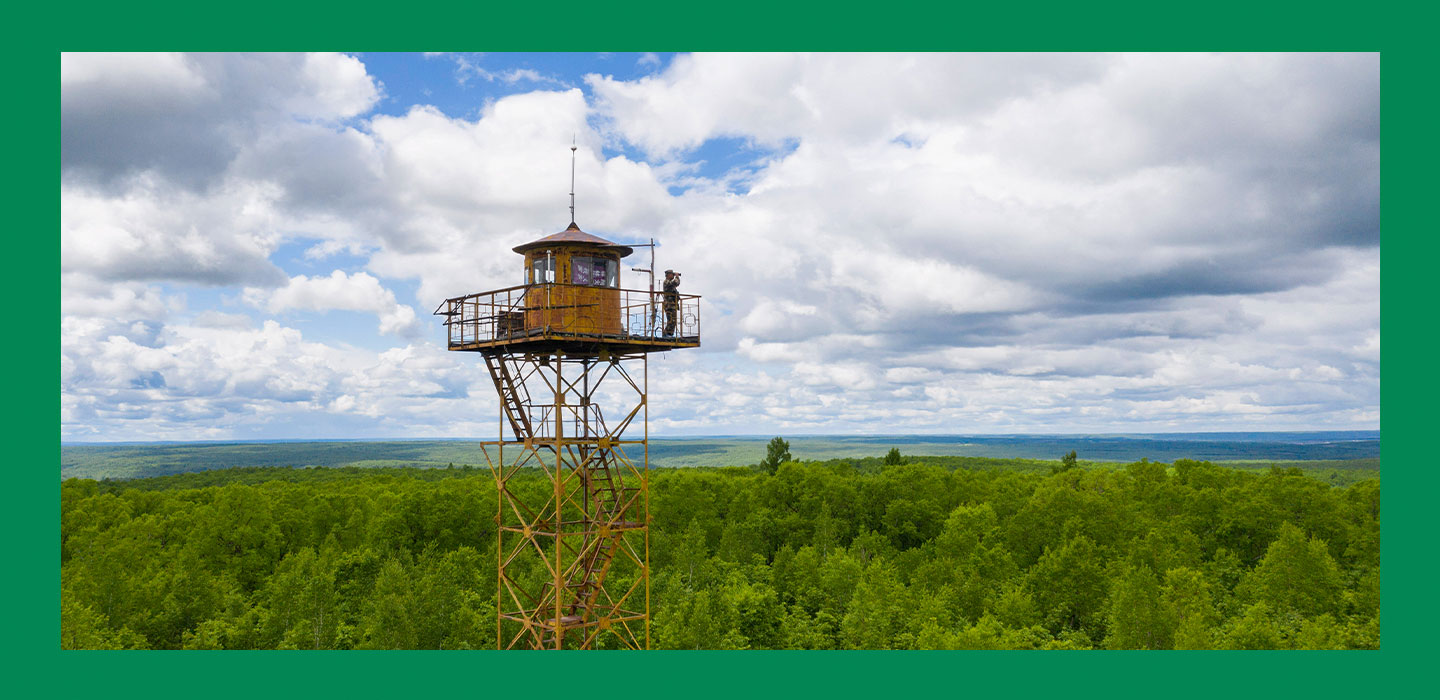白酒是一種在中國家喻戶曉、經常被用於宴請賓客的烈酒,這也是很多不習慣參加宴會的人所害怕的一種酒。但對於中國的護林員來說,它也可以是野外救生工具。
大家好,我是Kyle Obermann,The China Current特約撰稿人,在這裡我會向您展示「野性中國」。
幾年前,我和一名護林員在中國的森林裡巡邏時遇上了一場暴風雪。
天色漸暗,我們許多人都有體溫過低的症狀。幸好有人帶了一些白酒,當然只是藥用,我們用最後的酒在白雪皚皚的竹林中生了火。如果我們有人受傷,我也會用白酒來消毒傷口,但還好沒有用上。
在中國做護林員充滿了意想不到的困難和危險。天氣和海拔的變化範圍很大,這是工作中無法避免的。另外還有落石的風險以及需要徒手攀爬岩壁。在森林裡,有各種形狀和大小的荊棘,通常會長到眼睛的高度。
根據我與護林員的經驗,一天可能要走 5 到 15 公里。但在野外行走,一公里就需要一個小時。一路上,我們觀察野生動物,檢查相機陷阱,並尋找人類入侵保護區的蹤跡。
到了晚上,我們終於可以休息和吃飯了,通常是一頓簡單且沒有蔬菜的晚餐。除非我們在徒步時發現一些可食用的植物。否則,大多數時候晚餐都是醃香腸和米飯,是的,有時會喝少量的白酒,這確實會讓人保持溫暖、快樂。
一開始與護林員溝通和融入他們對我來說是一個挑戰,特別是因為他們經常說當地方言。但我發現我們之間因為共同克服野外許許多多的困難而建立的關係,比任何透過辦公桌或Zoom產生的聯繫要緊密得多。
在大自然中工作可能非常困難,但它提醒我們需要為了彼此而合作。在野外會消除我們的分歧和隔閡,迫使我們關注生存並找到團隊溝通的方式。這是我們在護林工作中取得成功的方法,也許也是這個星球上的所有人必須了解的,如何前進的寶貴一課。
Baijiu is a throat-searing, strong liquor infamous in China. It’s the dread of many ill-accustomed banquet guests. But for China’s forest rangers, it can also be a life-saving tool in the wild.
Hi, I’m Kyle Obermann, Nature Contributor for The China Current, showing China’s wild side.
A few years ago, I was caught in a blizzard with a ranger patrol in a forest in China. It was getting dark and many of us were experiencing the beginning stages of hypothermia. Luckily, someone had brought along some baijiu – for medicinal purposes only of course! – and we used the last of the liquor to light a fire amidst the snowy bamboo. If one of us had been injured, I also wouldn’t have put it past them to use the stuff to sterilize wounds… but thankfully there was no need for that!
Being a ranger in China is full of unexpected obstacles and dangers. There’s a great range of weather and altitude, which is inherent in the job. There’s also a risk of rockfall and the need to climb using your hands. In the forest, there are thorns of all shapes and sizes, usually at eye level!
During my experience with rangers, we may travel 5 to 15 kilometers in a day. But in the wild, a kilometer can easily take an hour. Along the way, we make observations of wildlife, check camera traps, and search for signs of human intrusion into the reserves.
At night, we finally get to rest and eat, usually a simple meal low on veggies… unless we find some edible plants as we hike. Otherwise, most of the time it's cured sausage and rice for dinner, and yes, it’s washed down with a sometimes healthy dose of baijiu! It sure does keep you warm and keep the smiles coming!
While at first it was a challenge for me to communicate and fit in with the rangers, especially since they are often speaking a local dialect, I found that overcoming shared hardships in the wild together was a form of bonding stronger than any forged over a desk or Zoom call.
Working in nature may be incredibly difficult, but it reminds us of our need to work with each other and for each other. Being in the wild strips our differences and reservations away, forcing us to survive and find ways to communicate as a team. That’s how we succeed in our missions, and perhaps it’s a lesson on how humans on this planet must move forward as well.

